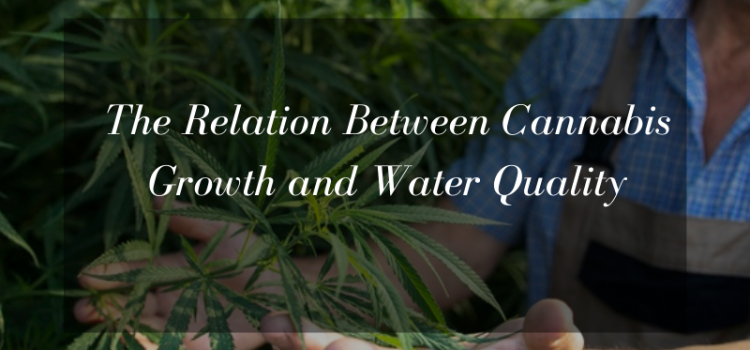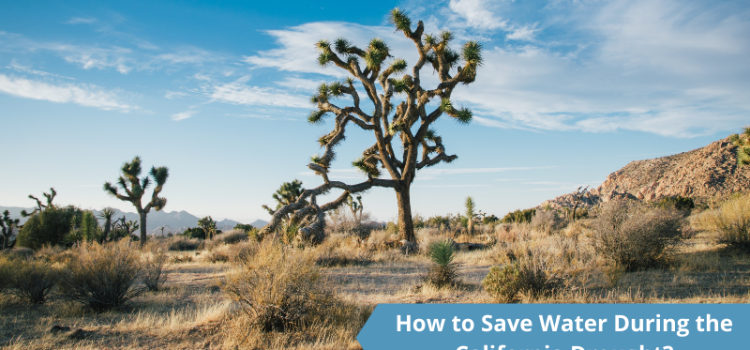Every cannabis grower knows that water quality is vital during cannabis growth. If there are unwanted components present in water, it can harm the availability of nutrients for the plant and even impact the overall growth. A smart cannabis grower must keep water quality in mind and keep themselves aware of the latest water treatment technologies like reverse osmosis and forward osmosis.
How to Begin?
If you are a cannabis grower who is worried about water quality and its impact on your plants’ growth, you should start fixing the situation by creating a water quality checklist. This unique checklist must include the following:
- Check pH Levels
You should check the pH levels of the water you are using for cannabis production or plant growth. Water should have a neutral pH of 7.0 as it ensures it has a perfect balance of hydroxide ions and hydrogen. If the OH- ions are more, it is good. For horticulture, the pH of the water should be between 5.5 to 7.0. If the pH is more than 8.5, it means that the water has high TDS (total dissolved solids) or high alkalinity. It impacts nutrient uptake and limits it. Similarly, if pH is lower than 5.5, it has too much hydrogen, leading to a decrease in buffering capacity.
- Examine the TDS Levels
You should also check the TDS levels in the water. If the TDS levels are high, the only solution is to filter the water using the latest water treatment options like reverse osmosis or forward osmosis. It will help ensure that the amount of salts are reduced. The ideal TDS is less than 640 ppm as per horticulture research. But hydroponic and soilless cultivation of cannabis often tends to show higher sensitivity to pH fluctuation as well as salt buildup when the TDS level is above 200 ppm.
- Get a Water Test Done
It is highly recommended that you collect a water sample and get a water test done to check water quality. For it, you can contact the nearest water analysis laboratory. It will ensure that you get a perfect irrigation water analysis that is different from a drinking water analysis. The report of such an analysis will include details of factors that impact the health and performance of a cannabis plant.
What Next?
After getting the tests mentioned above done, you can help improve the water quality by taking the following steps:
- Focus on Important Microbes
Local water treatment plants and facilities often use chloramine and chlorine to eliminate dangerous bacteria. All these chemicals don’t get filtered out at such facilities and can impact the quality of water. These chemicals can kill important microbes. Microbial growth helps break down organic material in the soil so that nutrients can reach cannabis plants.
- Know about Chlorine Toxicity
Plants like cannabis need some chloride as a micronutrient to ensure proper growth, but too much of it can lead to yellowing of leaves, browning or leaves, scorched-looking leaves, or even falling leaves. If this happens at the budding stage, the life of the plant can be at risk. So, it would help if you avoided the chlorine toxicity by ensuring that water with high chlorine levels like tap water, swimming pool runoff, or irrigation doesn’t reach your precious cannabis plants.
- Timing Matters
Every cannabis grower should know that the plant prefers a bit of water over a long period rather than too much of it poured at one time. Also, the water should be evenly distributed above the root base. The plant also needs a perfect combination of water and nutrients. If all this is ensured, the plant will be likely to grow perfectly.
How to Ensure Perfect Water Quality for Cannabis Production or Find a Cannabis Water Treatment Solution?
If you are looking for a perfect cannabis water treatment solution, AMPAC USA is the best option. We provide reverse osmosis and forward osmosis systems that deliver perfect quality water for cannabis production and growth over a long period. Visit us here or call us on 909-548-4900 to know which system is the best for you.
References:
https://www.ampac1.com/industries/cannabis-water-treatment
https://jainsusa.com/blog/water-demands-for-cannabis/
https://www.aquasana.com/info/water-needs-for-growing-legal-weed-pd.html
https://www.rxgreentechnologies.com/rxgt_papers/water-quality/










